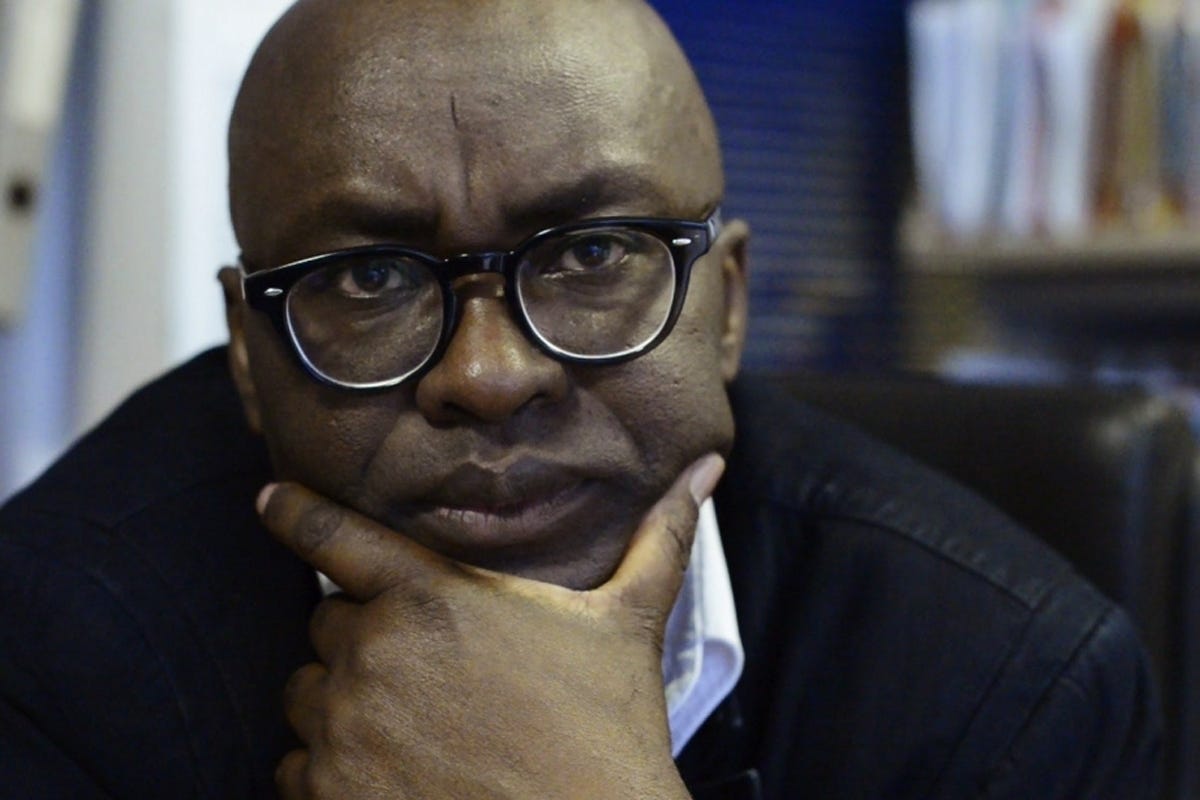Decoding Power: Achille Mbembe and the Legacy of Colonialism
Introduction: Beyond the Shadows of Colonialism
How does the past shape the present? How do the lingering structures of colonialism continue to dictate power, identity, and resistance in our globalized world? Achille Mbembe, one of the most influential thinkers of our time, offers a profound critique of these dynamics through his work on postcolonialism, necropolitics, and the coloniality of power.
This article unpacks Mbembe’s key theories, shedding light on the hidden forces shaping society and offering pathways to envision a more equitable future. Prepare for a deep dive into the intricate web of power, resistance, and subjectivity that defines our world.
The Coloniality of Power: A Global System of Control
Mbembe expands on the idea of coloniality, a concept that reveals how colonial structures and hierarchies persist even after formal decolonization. Unlike traditional notions of power, which focus on explicit political control, coloniality operates through systems of knowledge, economics, and culture.
Eurocentrism and Subjectivity
Eurocentrism prioritizes Western modes of thought, marginalizing other ways of knowing and being.
Mbembe critiques how colonial systems constructed a "subject" who exists only in relation to power—often as a subordinate.
This global system of control is not limited to former colonies. It permeates economics, international relations, and even how we perceive progress and modernity.
Necropolitics: Power Over Life and Death
Perhaps Mbembe’s most famous contribution is the concept of necropolitics. Building on Michel Foucault’s ideas of biopolitics, necropolitics examines how power decides who gets to live and who must die.
Examples of Necropolitics in Action
War Zones: Certain populations are deemed expendable in conflict zones, their lives reduced to collateral damage.
Migration Crises: Refugees and migrants often exist in liminal spaces, denied basic rights and subject to dehumanizing policies.
Pandemics: Access to healthcare and survival often mirrors the global inequalities of colonial legacies.
In necropolitics, death becomes a tool for maintaining control, reflecting the violence inherent in the structures of modern power.
Resistance and the Possibility of Change
Mbembe’s work is not just a critique of power but also a call to action. He emphasizes the importance of resistance and decolonization, both as intellectual processes and tangible actions.
Decolonizing the Mind
Question Eurocentric narratives in history, education, and media.
Embrace diverse epistemologies, particularly those rooted in indigenous and non-Western traditions.
Building a Just Future
Solidarity Across Borders: True resistance requires recognizing interconnected struggles, from racial justice in the U.S. to economic inequalities in the Global South.
Reimagining Society: Mbembe challenges us to envision new forms of community and governance that move beyond the hierarchies of the past.
Relevance to Contemporary Issues
Mbembe’s theories resonate deeply with today’s pressing challenges, including:
Social Justice Movements: From Black Lives Matter to climate justice, these struggles reflect the legacies of colonial and racial hierarchies.
Economic Inequality: Global wealth disparities often trace back to exploitative colonial economic systems.
Political Power: Immigration policies, military interventions, and surveillance reflect necropolitical practices that prioritize control over humanity.
Conclusion: Towards a Decolonized World
Achille Mbembe invites us to confront the uncomfortable truths of our world. His insights challenge us to see beyond the surface and recognize the enduring impact of colonialism on power, identity, and resistance.
By critically engaging with Mbembe’s work, we can begin to dismantle the structures that perpetuate inequality and envision a future that prioritizes justice, humanity, and true freedom.
What are your thoughts on Mbembe’s ideas? How can we apply his insights to build a better world? Share your perspectives in the comments, and let’s start a conversation about decolonizing our minds and our societies.
Don’t forget to like, share, and subscribe for more thought-provoking explorations into the forces shaping our world!



